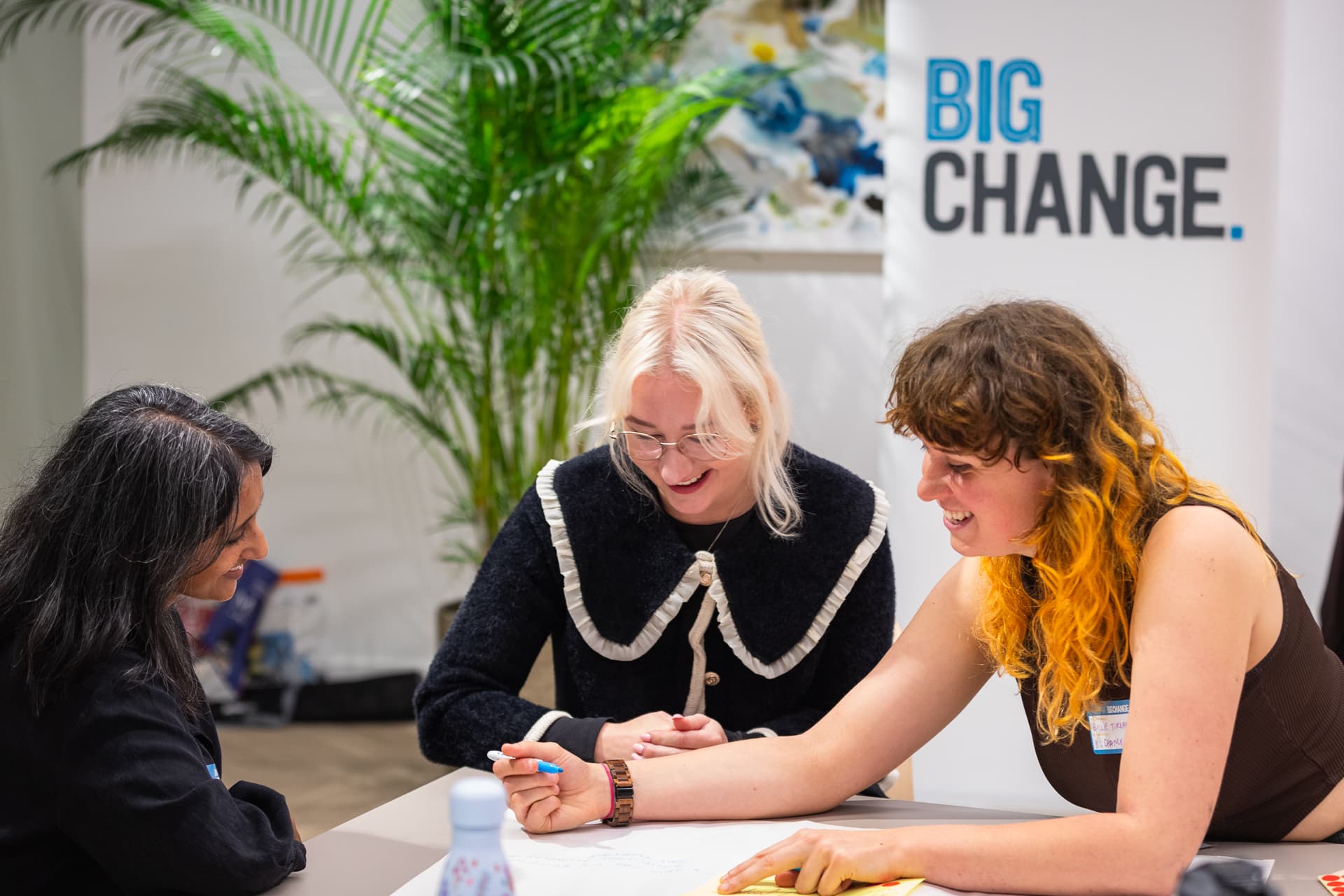
Learning on the Go with Big Changers
Big Change’s Hannah Cohen shares her hopes and highlights from recent events with our incredible community.
Blog
Read our latest insights, blogs, news, and reports.















Reach out to us at info@big-change.org
We'd love to hear from you!